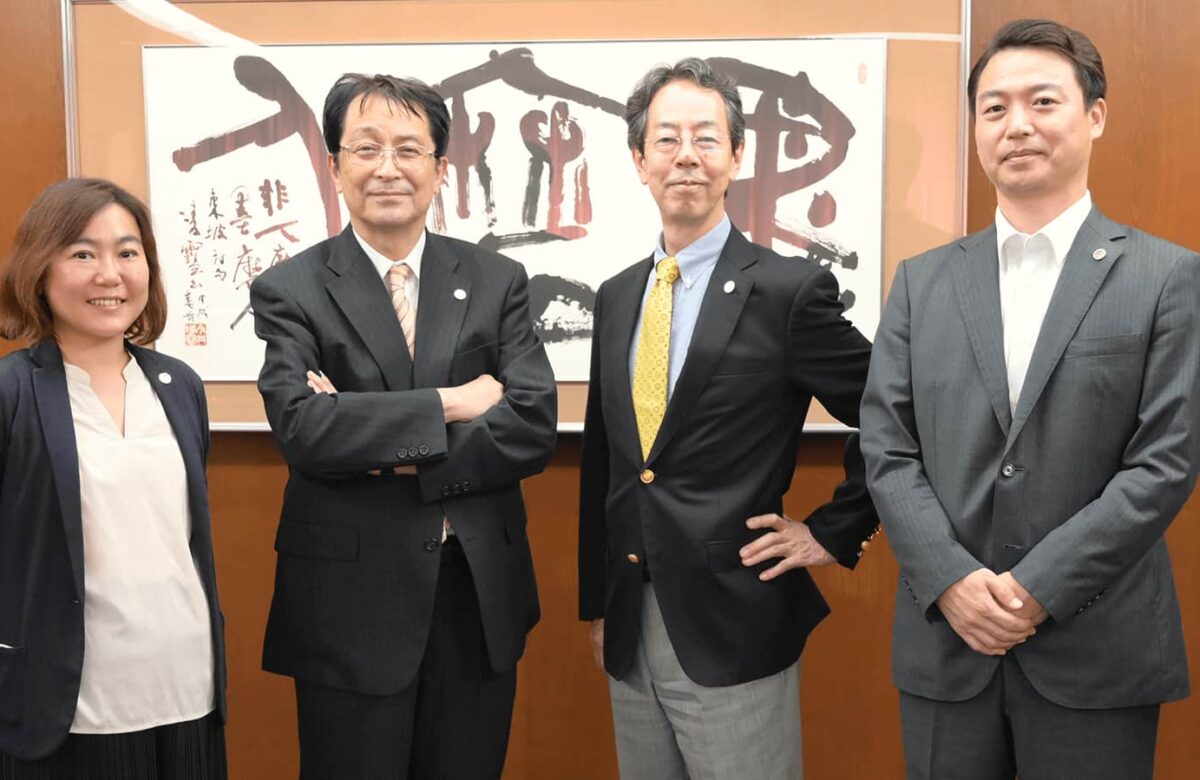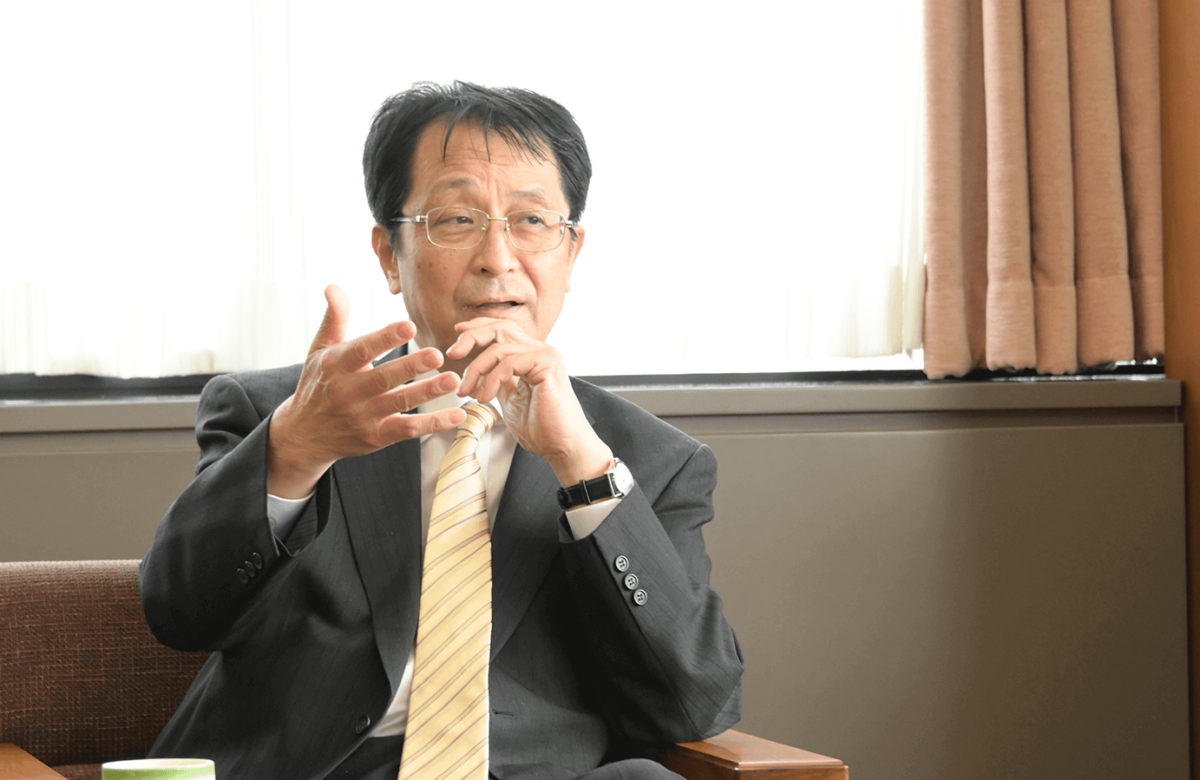A Guide to the F1000Research–University of Tsukuba Partnership
The collaboration between the University of Tsukuba and F1000Research promises to change the way research is communicated.
- UniversityArticleBusiness
- February 1, 2021

In May 2020, Japan’s University of Tsukuba announced that it had entered into a partnership with F1000Research, the open access publishing platform, to develop the first open research publishing gateway that will allow researchers to publish in English or Japanese.
F1000Research offers rapid publication and transparent peer review through an online gateway and editorial guidance on making all source data openly available. Through its innovative open access model, it aims to give authors the power to decide where and how their research is made available.
Under this partnership, authors affiliated with the University of Tsukuba will be able to publish any research or data openly. Humanities and social science researchers, in particular, have reason to cheer, as the platform will allow researchers to choose whether they wish to publish in English or in Japanese.
This initiative is the latest step taken as part of the global open access movement. With milestones like the Budapest Open Access Initiative in 2002, the Bethesda Statement on Open Access Publishing in 2003, and the Berlin Declaration on Open Access to Knowledge in the Sciences and Humanities in 2003 and more recent initiatives like Plan S and Projekt DEAL, it is clear there’s a strong backing for the open access movement.
The partnership, which gives everyone access to all output at no charge, could not have been more timely. With the COVID-19 pandemic imposing a financial burden on almost every industry, steps aimed at pulling down paywalls and giving people access to information are welcome. Besides, by making data openly available, the open access model, and F1000Research in particular, aim to facilitate collaborative research, the need of the hour.
The partnership between F1000Research and the University of Tsukuba, one of Japan’s premier institutions of higher learning, is being seen as Japan’s earnest attempt towards open access, an area that, according to industry experts, it has shown no leadership in so far.
A less talked about but important advantage of this partnership is the flexibility it will offer researchers in selecting the language of the output. While English is considered the universal language of science, it poses an obstacle to researchers not being well versed with the language. The F1000 Research platform removes this limitation by allowing researchers to publish in an international journal in Japanese. This move is being welcomed by researchers who feel subjects like Japanese philosophy, history, and literature can only be fully discussed in Japanese.
Moreover, under this model, papers in Japanese will be indexed in databases such as Scopus and Web of Science, thus ensuring more visibility for high-level research results in Japanese.
The partnership is being considered an important move for both F1000Research and the University of Tsukuba. By partnering with one of Japan’s top research universities, F1000Research aims to make great strides in the open access movement in Japan and change the way research is disseminated. For the University of Tsukuba, the platform, by allowing faster publication in two languages, will give impetus to its outreach activities and reputation.
This article is a part of ScienceTalks Magazine issue Welcome to the New Era of Open Publication.




